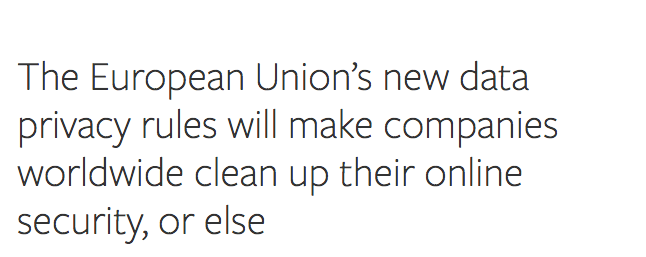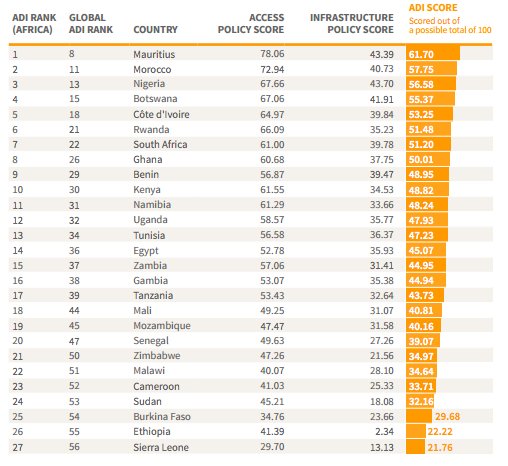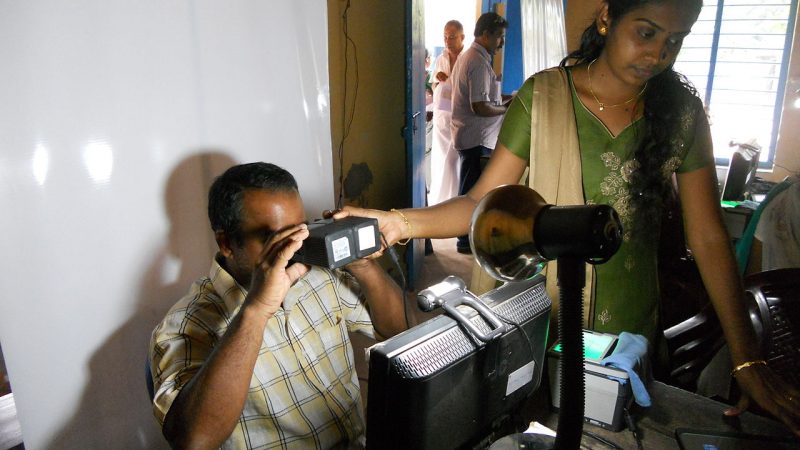Internet intermediaries: Dilemma of liability

Types of intermediaries
Given the complexity of the internet, there are a number of different types of
intermediaries. For the purposes of this paper, the most relevant are internet service
providers (ISPs), web hosting providers, social media platforms and search engines:
– Internet Service Providers (ISPs): this term can be confusing because it is commonly
used to describe both access providers (those who control the physical infrastructure
needed to access the internet, who typically make this infrastructure available to
individual subscribers in return for payment) and hosts. In this brief, the term ISPs
is used to refer only to access providers.
– Web hosting providers or ‘hosts’: hosts are bodies (typically companies) that rent web
server space to enable their customers to set up their own websites. However, the
term ‘host’ has also taken on a more general meaning, i.e. any person or company
who controls a website or a webpage which allows third parties to upload or post
material. For this reason, social media platforms, blog owners, and video- and photosharing services are usually referred to as ‘hosts’.
– Social media platforms: the distinctive feature of social media platforms (such as
Facebook or Twitter) is that they encourage individuals to connect and interact with
other users and to share content. Another name for them is ‘web 2.0 applications’.
They are usually considered to be ‘hosts’ because they allow third parties to post
content. This is important since, in some countries, the liability regime is different
depending on whether or not a company (or other body) is regarded as a hosting
provider or as an access provider.
– Search engines are software programmes that use sophisticated algorithms to
retrieve data, files or documents from a database or network in response to a query.
The information retrieved is usually indexed and presented as a series of hyperlinks
on a webpage.
All of the above are distinct from ‘content producers’, that is those individuals or
organisations who are responsible for producing information in the first place and
posting it online.
While these categories can be helpful in distinguishing the various parts of the
internet,9 it is vital to bear in mind that several of these entities offer a variety of
products and services and may therefore have a number of different roles. For example,
Google is probably best known as a search engine, but it also provides the Google +
social media platform and the blogging platform, Blogger.
Conversely, it is also important to remember that some of these intermediaries perform
the same function. For example, social media platforms, blogs and video services (e.g.
YouTube) are generally considered to be ‘hosts’. Although search engines are generally
seen as ‘technical providers’, the courts have sometimes considered them to be more
similar to ‘hosts’. As we will see below, these distinctions are fundamental to the
liability regime to which these entities may be subject.
Download: https://www.unwantedwitness.org/wp-content/uploads/2014/03/Intermediaries_ENGLISH.pdf



